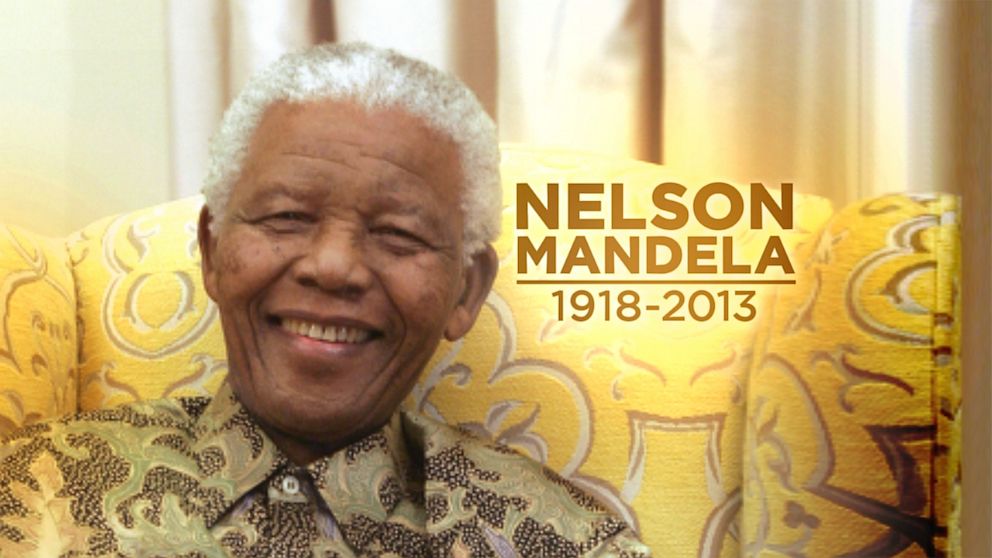

SABC TV live coverage – Continuous live coverage of events following the passing of former South African president Nelson Mandela.
President Obama’s eulogy this morning:
Full 42 Minute Video of the Eulogy of President Barack Obama at the Memorial Service for Nelson Mandela in Johannesburg, South Africa. Before the President spoke, famed Gospel Star Kirk Franklin and a South African choir sang as the lead-in to the President’s Eulogy. You can hear Kirk Franklin’s presentation at the 15:00 minute mark of the video. President Obama’s Eulogy begins at the 19:35 mark of the video. Full Transcript of the President’s Remarks Below.
PRESIDENT OBAMA: Thank you. (Applause.) Thank you so much. Thank you. To Graça Machel and the Mandela family; to President Zuma and members of the government; to heads of states and government, past and present; distinguished guests — it is a singular honor to be with you today, to celebrate a life like no other. To the people of South Africa — (applause) — people of every race and walk of life — the world thanks you for sharing Nelson Mandela with us. His struggle was your struggle. His triumph was your triumph. Your dignity and your hope found expression in his life. And your freedom, your democracy is his cherished legacy.
It is hard to eulogize any man — to capture in words not just the facts and the dates that make a life, but the essential truth of a person — their private joys and sorrows; the quiet moments and unique qualities that illuminate someone’s soul. How much harder to do so for a giant of history, who moved a nation toward justice, and in the process moved billions around the world.
Born during World War I, far from the corridors of power, a boy raised herding cattle and tutored by the elders of his Thembu tribe, Madiba would emerge as the last great liberator of the 20th century. Like Gandhi, he would lead a resistance movement — a movement that at its start had little prospect for success. Like Dr. King, he would give potent voice to the claims of the oppressed and the moral necessity of racial justice. He would endure a brutal imprisonment that began in the time of Kennedy and Khrushchev, and reached the final days of the Cold War. Emerging from prison, without the force of arms, he would — like Abraham Lincoln — hold his country together when it threatened to break apart. And like America’s Founding Fathers, he would erect a constitutional order to preserve freedom for future generations — a commitment to democracy and rule of law ratified not only by his election, but by his willingness to step down from power after only one term.
